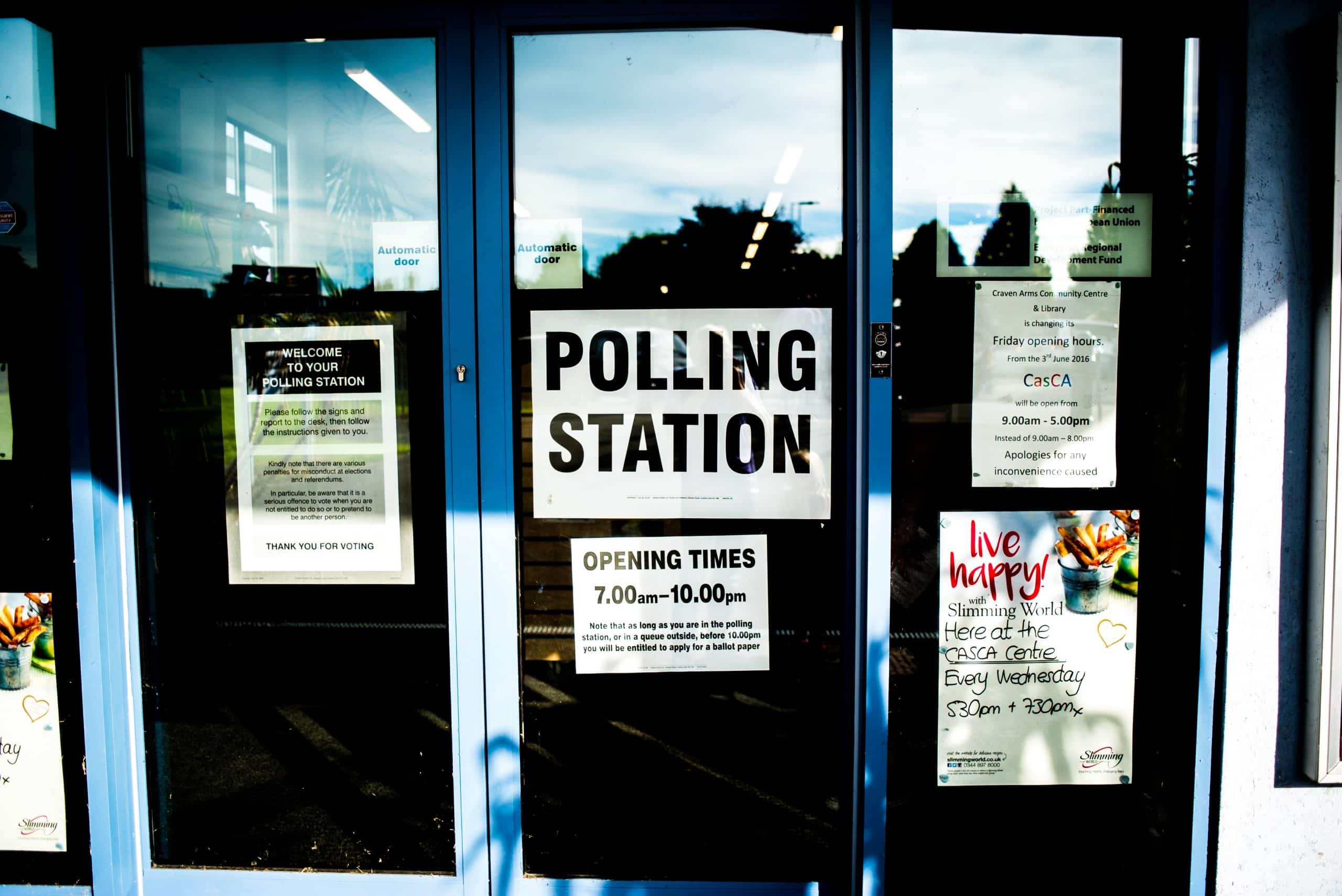
Campaigning gaffes and blunders: lessons from times past
The prime minister met with the Queen at Buckingham Palace last week, marking the official beginning of a five-week campaign period that will take the electorate to the polls on 12th December to decide the fate of the nation. While the outcome remains to be seen, one thing’s for sure as the gloves come off (and if history is anything to go by): that despite there being a ‘right way of doing things’ our politicians can be trusted to trip up under the spotlight of the media. Let’s look back at some of those moments…
The basic principle is preparedness, and clarity of message
Unwelcome Grenfell comments: Um, what I meant to say was…
Take this week’s media fest, which kicked off with Jacob Rees-Mogg’s unwelcome comments that it would have been ‘common sense’ to flee the Grenfell Tower fire, rather than adhere to fire service ‘stay put’ advice to residents — and we see just how distressing and far-reaching the effects of a miscalculated comment can be. Even Stormzy took to Twitter to claim that “politicians are actual aliens”. While apologies have been emphatically made, along with mutterings of “what I meant to say was…” the inference has still been drawn that Mr Rees-Mogg perceives his own intelligence as superior to the victims of that tragic event. Not a great start to the Tory campaign…
Does anyone remember Diane Abbot’s ill-fated interview with LBC in 2017?
One of the most memorable and excruciating examples of election campaign unpreparedness at its worst – when Diane Abbott, the then Shadow Home Secretary was asked a straightforward question about the cost of putting 10,000 new police officers on the streets. Labour’s PR office must have gone into full-on crisis mode as she blundered inexcusably from fabricated costings that ranged from £300,000 to £80 million in the blink of an eye.
Needless to say, knowing your stuff, and backing up any numbers with robust research, data and examples will be key to the upcoming election, so as to avoid TV moments like this one in the future. And naturally, it’s the role of the media to hold any claims to account and scrutinise the facts and figures so the electorate can attempt to make an informed decision.
Belief in the message
Or what of Tim Farron’s failure to answer questions about his views on homosexuality during the 2017 general election, which presented one of the great political oxymorons of our times – can a man’s personal beliefs be separated from those of the party? In this instance the answer was a resounding no, as Mr Farron eventually resigned on the grounds that he could not lead a progressive, liberal party while living as a committed Christian.
One would expect such questions to be stress tested internally and leadership viability to be aligned with party purpose and raison d’etre from the outset – it’s certainly one to avoid for the future.
Avoid eating in public, and for goodness sake, get your advisers to test opinion
No stranger to embarrassing moments, Labour leader Ed Milliband provided countless opportunities for media scrutiny and mirth, demonstrating ‘how not to eat a bacon sandwich’, with the unflattering photograph splashed on the front page of The Sun newspaper on the day before the 2015 general election. Engraving his election pledges – quite literally – in a tablet of limestone was a PR stunt that attracted headlines for all the wrong reasons, as the ‘Ed Stone’ quickly became the subject of ridicule, and even worse, its destiny to reside in the garden of Number 10 had to be swiftly abandoned when Labour were defeated by David Cameron’s Tories.
Ed did have a youth following however, with #milifandom, a Twitter campaign orchestrated by a 17-year-old girl who felt that the Tories (and David Cameron in particular) were not listening to young people. It would be interesting to know what that generation of teenagers (now in their twenties) are thinking today.
Some campaigning moments have been TV gold however, like in 2015 when David Cameron visited a school to announce Conservative plans for resitting of SAT tests and a six-year-old girl assumed a sleeping position, putting her head on the desk as Mr Cameron began to read. Maybe he was reading the election manifesto aloud and it was just too much for her to bear.
No excuse for bad manners
While no politician or businessperson is immune to such embarrassing TV moments, there are situations that could quite easily be avoided, for example not calling your opponent a “great big girl’s blouse” as Boris Johnson is alleged to have done in his first PMQs. Or as Gordon Brown found out to his detriment in 2010, when he got his campaign off to a tumultuous start by calling a Labour supporter a “bigoted woman” when he was questioned about economic policy. Wasn’t it his job to be held to account?
It’s fair to say that most politicians embark on their careers with the best of intentions and make these gaffes and blunders under pressure because they are human. Even with some of the highest paid communications advisers, they can still get it so wrong. However, with election and campaign fever sweeping the nation in the run up to Christmas, they would do well to heed this advice: Be prepared, statesmanlike and humble. Nothing can go wrong, can it?
Media training is a crucial element of many PR campaigns – and something we at Babel offer to all of our clients. Get in touch to find out more about perfecting your interview techniques.





